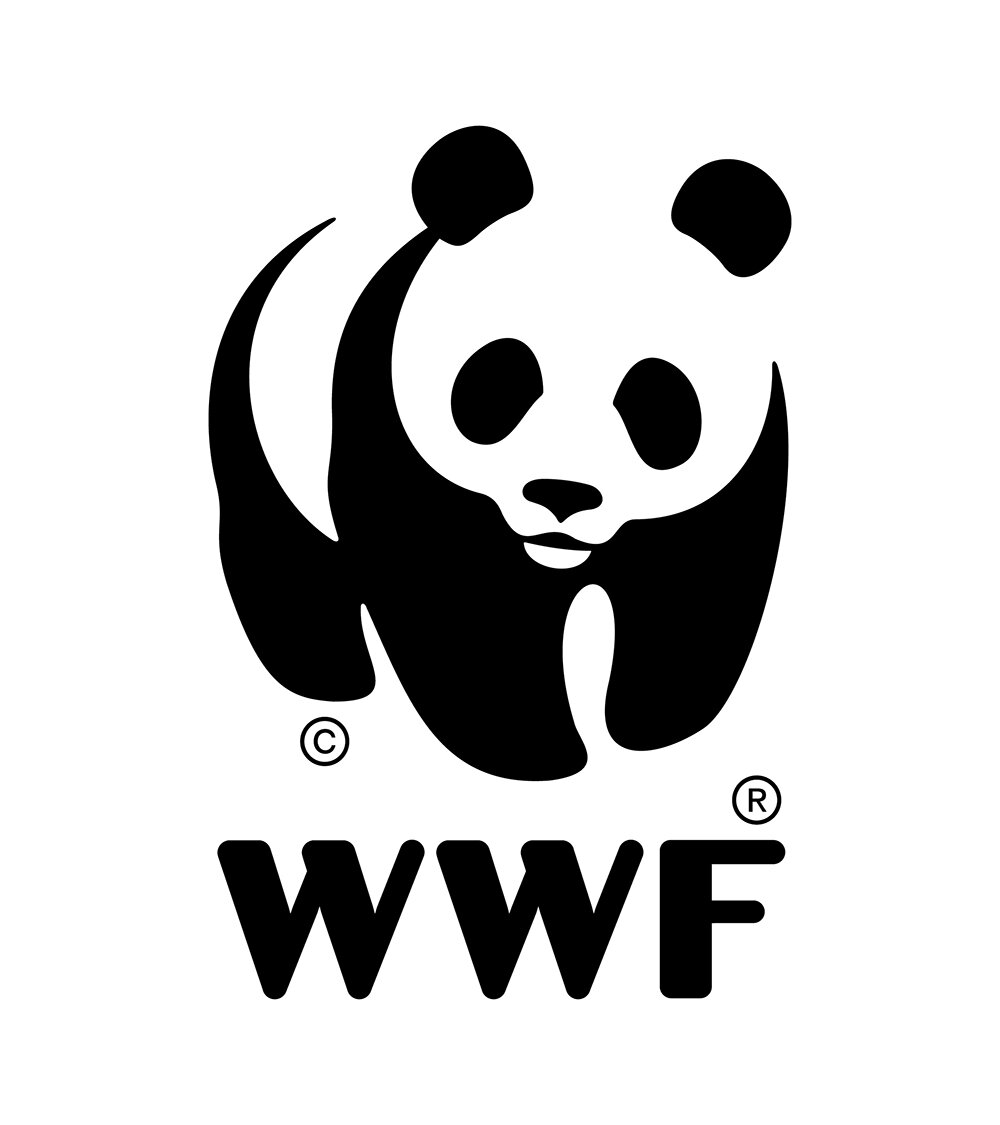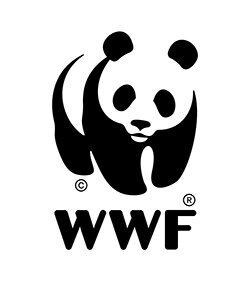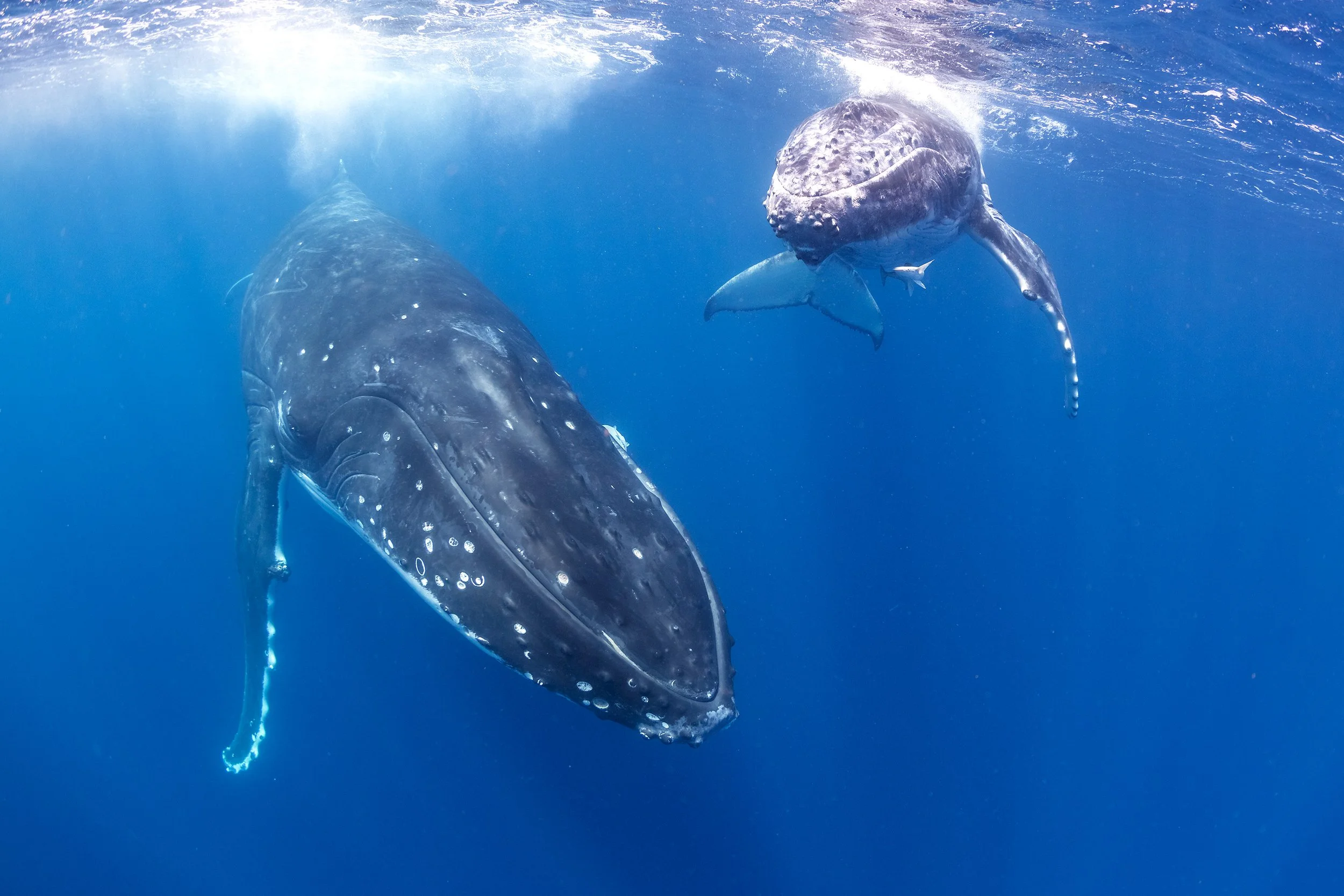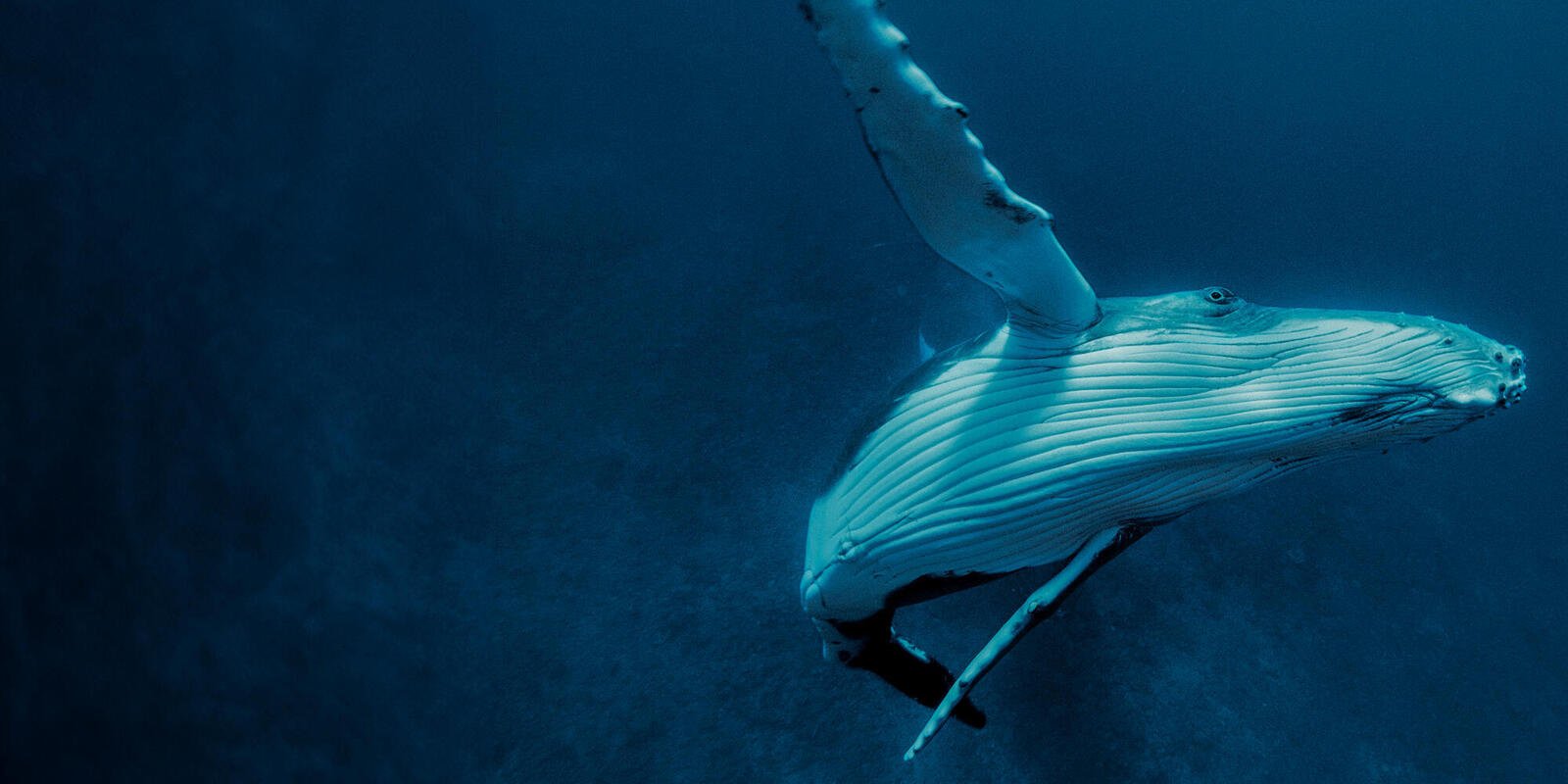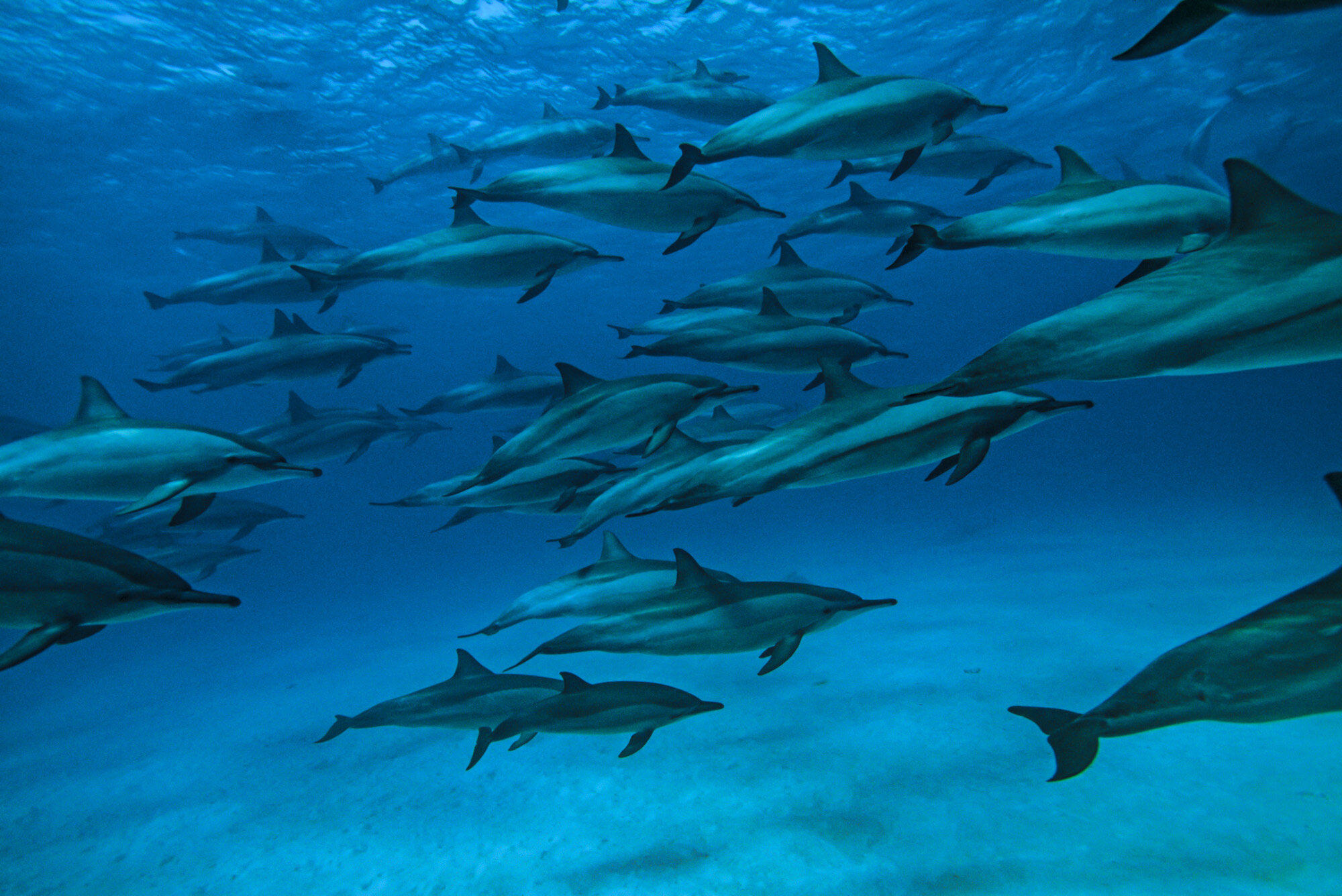
Latest news and stories about whale and dolphin conservation
International commercial whaling ban at 40: There’s progress worth celebrating, but more work lies ahead
This year marks 40 years since the world united to enforce a global moratorium on commercial whaling and give giants like North Atlantic right whales a chance to recover. The International Whaling Commission’s moratorium came into force in 1986 – though whaling was banned sooner for some species.
When Nations Unite, Whales Benefit: The Promise of the High Seas Treaty
When Nations Unite, Whales Benefit: The Promise of the High Seas Treaty
A new global agreement to safeguard marine life in two-thirds of the planet's ocean is a lifeline for whales, but the next few years will be crucial.
UN Ocean Conference puts ‘wind in the sails’ of ocean action
As the third UN Ocean Conference draws to a close, WWF is encouraged by the commitments made in a number of areas, but warns that the measure of success will be in delivery.
Bringing whale superhighways to life - a new digital platform a game-changer for ocean conservation
In a major advance for marine conservation, WWF and a global coalition of leading scientists, civil society, governments, and tech innovators have launched BlueCorridors.org—a dynamic new platform that brings together three decades of whale tracking data with information on overlapping marine threats and conservation solutions. For the first time, the migratory “blue corridors” used by great whales are now digitally mapped and made publicly accessible to inform science, policy, and ocean protection efforts worldwide.
A Connected Caribbean – Dolphins on the move in a sea under pressure
In the crystal-blue waters of the Caribbean, something remarkable surfaced. When Stacey Mac Donald, a researcher and a Regional Coordinator at the Caribbean Cetacean Society (CCS), received confirmation of a photo-identification match of a spinner dolphin mother and calf first sighted in Martinique in 2021 and then again in Bonaire in 2024—more than 800 kilometers away—the team had a genuine “wow” moment.
Protecting the Baltic harbour porpoise: New technology helps WWF find harmful ghost nets
The Baltic harbour porpoise is critically endangered, with only a few hundred animals remaining. One threat is ghost nets — fishing nets that have been lost or dumped at sea. Porpoises risk getting entangled in these rogue nets and drowning when they cannot reach the surface to breathe. WWF is working to retrieve as many ghost nets as possible from the Baltic Sea, but locating these nets is like looking for a needle in a haystack. Now, WWF is testing new technologies to make finding the nets more efficient.
New Important Marine Mammal Areas (IMMAs) spotlight whale habitats needing protection in the NW Atlantic and Caribbean
43 new Important Marine Mammal Areas (IMMAs) have been approved and placed on the map in the North West Atlantic Ocean and Wider Caribbean, as it was announced by the IUCN Marine Mammal Protected Areas Task Force on 13 February 2025.
Whale Trails
A deep dive into where, why, and how whales migrate – and how to protect their blue corridors. From gray whales undertaking epic transoceanic journeys to minkes navigating shorter, seasonal shifts, whale migrations are deeply entwined with the arc of their lives and the health of the world's oceans.
Deep Connections - the social lives of sperm whales
The morning sun reflects on the Mediterranean Sea as our research vessel, the WWF Blue Panda, cuts through the peaceful waters off Greece's northwestern islands. It's July 2024, and from the observation platform, I scan the horizon while our team listens for marine life through our specialized hydrophone trailing behind us - our acoustic window into the deep.
Protecting the next generation of whales starts here
Tropical, sheltered waters are the perfect place for humpbacks to breed and raise their vulnerable calves. But mothers and their babies will soon set off on a perilous journey.
Whales’ frozen lifeline - polar feeding grounds
A story on how declining sea ice could be catastrophic for whales around the world, unless we act now to safeguard these incredible creatures for future generations
Whale Mini-Tales
From hearing the breathing of thousands of narwhals arriving peacefully in their summering grounds, to having a very close encounter with a blue whale, to listening out for singing humpbacks underwater - these are some of the most incredible whale encounters shared by WWF experts from around the world. Read on to discover more whale tales and celebrate this World Whale Week with us.
WWF condemns Iceland’s decision to conduct commercial whaling
WWF condemns Iceland’s recent decision to issue new whale hunting permits for the next five years. This decision by Iceland’s outgoing government means that the country’s commercial whaling industry will be allowed to catch 209 fin whales and 217 minke whales between June and September every year from 2025 until 2029.
COP16 delivers mixed results for the ocean
Countries celebrated significant breakthroughs on two important, long-debated ocean-related technical decisions, but failed to reach consensus on the resource mobilization and review mechanisms needed to drive progress for the ocean across the Global Biodiversity Framework.
Antarctic conservation takes a backward step
The body responsible for conserving Antarctic marine life has failed to agree on new marine protected areas and taken a substantial step backward on krill fisheries management at its annual meeting in Hobart.
WWF launches an online report mapping Arctic whale migrations amid increasing threats to their migration routes, known as blue corridors
A new report from the WWF Global Arctic Programme highlights the urgency of taking concrete action to safeguard Arctic whales on their migrations, as they are faced with new and growing pressure from climate change and increased shipping activity.
Using acoustic deterrents to safeguard dolphins from bycatch in Peru
Since 2018, WWF Peru has conducted experimental trials with dolphin pingers to evaluate the reduction of dolphin bycatch in artisanal fishery gillnets.
What a whale needs
Using cutting-edge technology, researchers are uncovering profound links among ocean health, climate change, and the denizens of the deep.
Convention on Migratory Species meeting adopts stronger protection measures, including ecological connectivity
The 14th meeting of the Conference of the Parties (CoP14) of the Convention on Migratory Species of Wild Animals ended with the adoption of a set of stronger measures for the conservation of migratory species.
Arctic Watch: Navigating safe shipping in the Arctic
Expanding maritime activity in this area of the world presents new risks, including oil spills, vessel strikes, underwater noise, and other forms of human disturbance and pollution. To help mitigate these risks, WWF and the Marine Exchange of Alaska (MXAK) are working with experts to develop a set of wildlife alerts that MXAK will seasonally broadcast to vessels.
